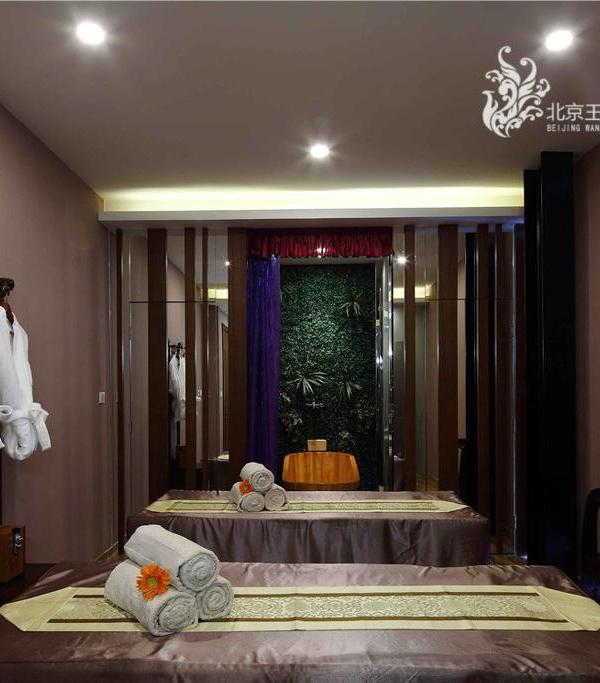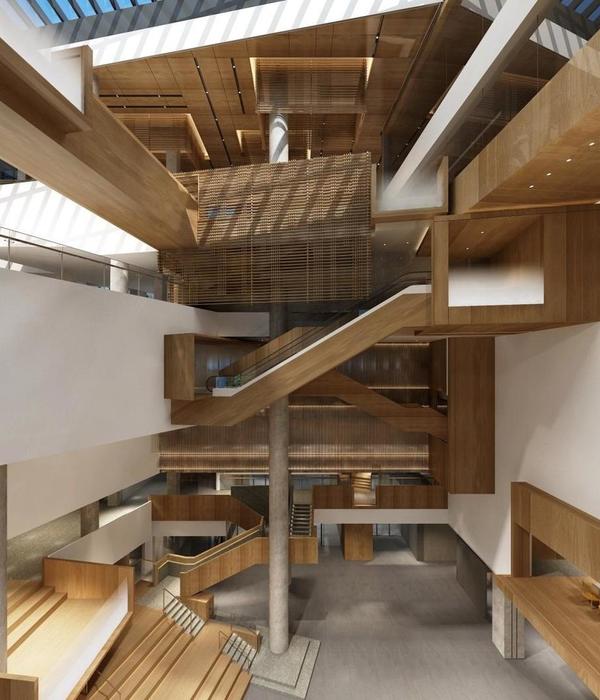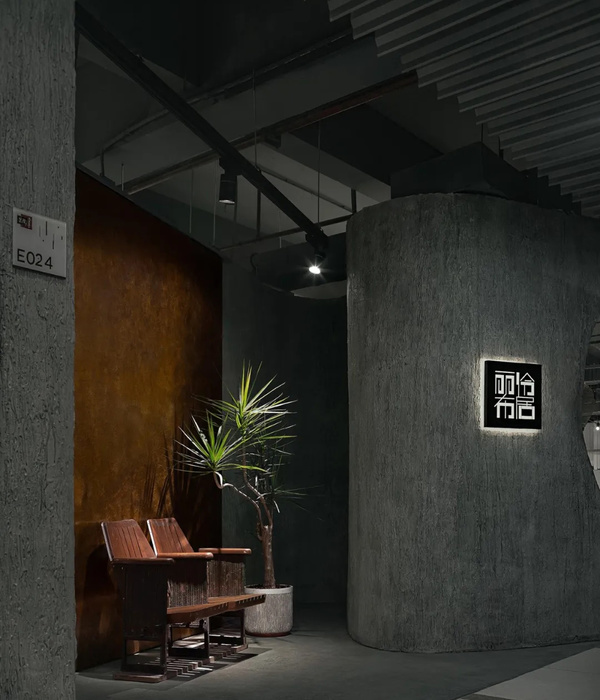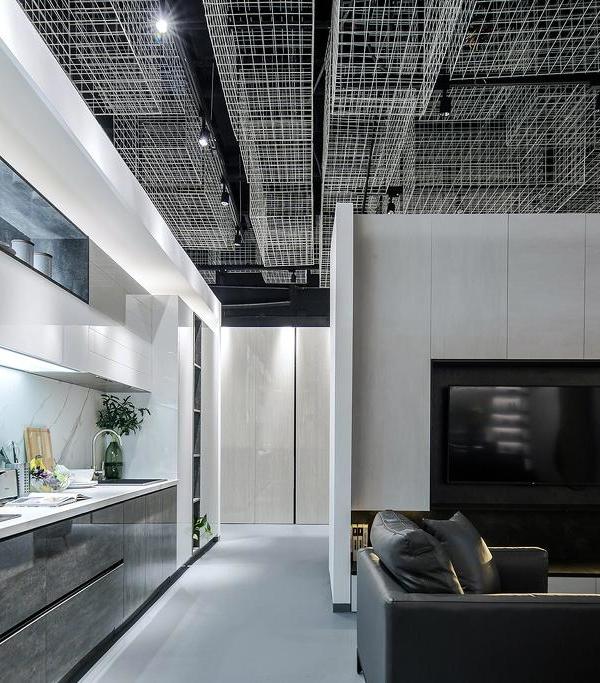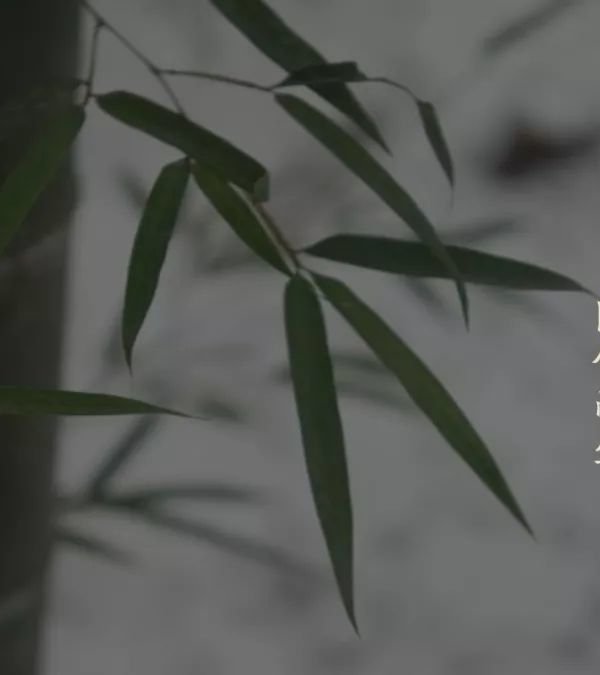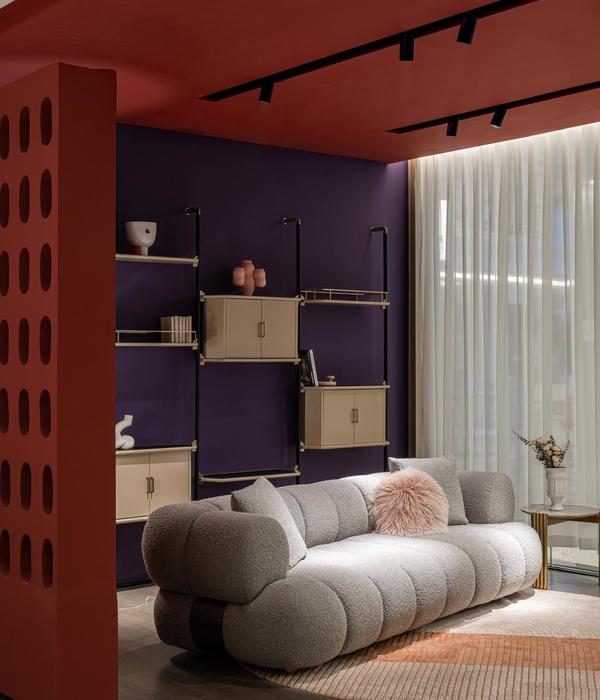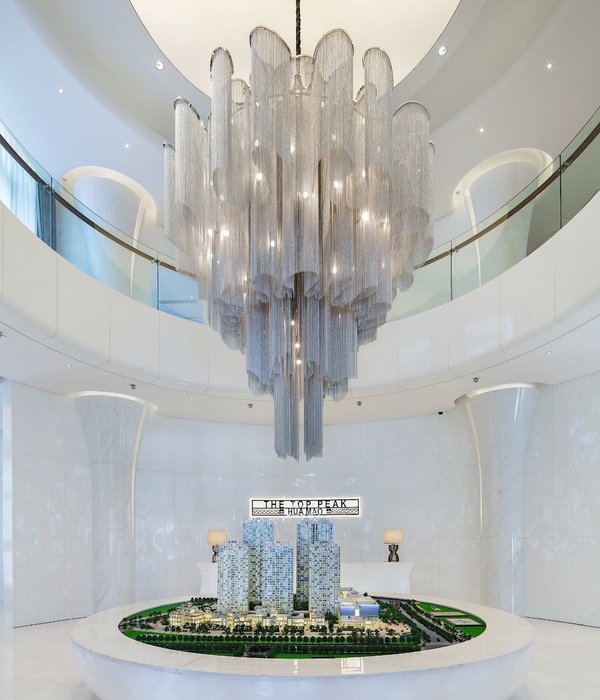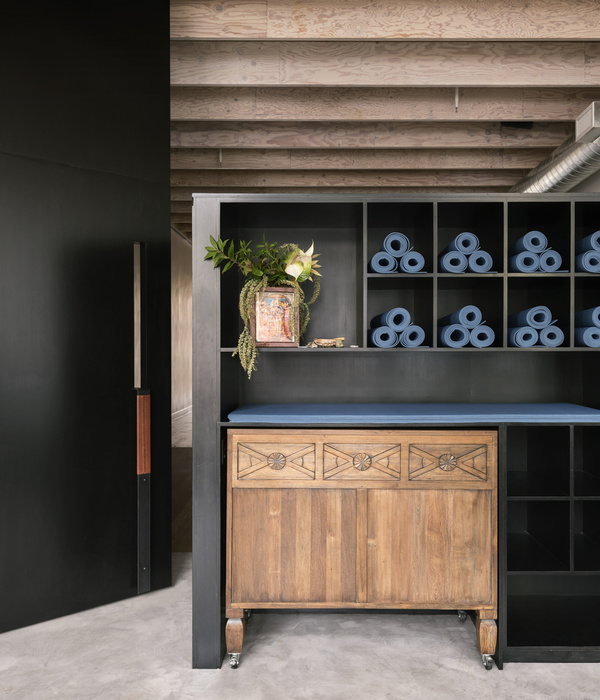由酒店品牌Potato Head发起、OMA / David Gianotten与Shinji Takagi共同策划的展览“N*thing is Possible”已在新加坡设计周期间开幕,展览场地是新加坡国家设计中心。这场为期三个月的展览探讨了废弃物的潜力,并通过跨学科合作解释了在酒店行业实现零浪费的全新可能性。
The exhibition N*thing is Possible, initiated by hospitality brand Potato Head and co-curated by OMA / David Gianotten with Shinji Takagi, has opened at the National Design Centre during Singapore Design Week. The three-month-long exhibition explores the potential of waste and uncovers new possibilities in achieving zero waste within hospitality through cross-disciplinary collaboration.
▼项目概览,Preview
“N*thing is Possible”的核心理念是:零浪费与舒适愉悦的体验并不互斥,通过跨学科的创新和努力,那些处于生命周期“尽头”的材料仍然可以被转化为资源储备。可持续性并不存在单一化的全球标准,它是在现有的当地资源和知识共享的基础上,对创造和生活的新方式的不断探索。
A core statement of N*thing is Possible is: zero waste and the experience of comfort and enjoyment are not mutually exclusive, and creative efforts across disciplines can transform materials at the ‘end’ of their lifecycles into a reservoir of resources. There is not a single global standard for sustainability. Sustainability is an ongoing exploration of new ways of creating and living based on available local resources and knowledge sharing.
▼展览探讨了废弃物的潜力和实现零浪费的全新可能,N*thing is Possible- A Journey To Zero Waste
该展览占据了1000平方米的空间,位于起始处的照片和影像记录了我们日常生活中产生的体量庞大的垃圾。在中庭空间,天然材料与废弃物并置,形成一处由竹子、木材、塑料、纺织品、玻璃、泡沫聚苯乙烯、食用油以及牡蛎壳构成的景观。独特的“废物景观”向人们揭示了如何通过实验和知识共享将垃圾转化为有价值的美丽事物。
The exhibition spanning 1,000m2 begins with photographs and videos that capture the overwhelming volume of refuse generated by our daily habits. At the main atrium, natural materials and waste – bamboo, timber, plastic, textile, glass, Styrofoam, cooking oil, oyster shells – form a landscape. Above, objects made with the landscape materials – designed by Potato Head’s collaborators – are on display. This Waste Landscape illuminates how refuse can be transformed into valuable and beautiful items through experimentation and knowledge sharing.
▼中庭的“废物景观”,The Waste Landscape located at the main atrium
▼细节,Detailed view
展览的核心作品是一个用废弃百叶窗制作的圆形装置。按时间线排列的展板讲述了Potato Head自2010年以来在创建具有环保意识的酒店业务方面的历程,尤其是从2017年开始在巴厘岛推行的领废物倡议。
A central piece of the exhibition is a circular installation made with discarded shutters. A timeline showcases Potato Head’s journey since 2010 in creating an environmentally conscious hospitality business, highlighting its zero waste initiatives in Bali from 2017.
▼俯瞰圆形装置,The circular installation
▼展览细节,Exhibition detailed view
展览的另外一个部分称为“蓝图”(Blueprint),它展示了位于巴厘岛的Desa Potato Head度假村正在进行的废物管理计划。
The exhibition continues with the Blueprint, where the ongoing waste management program at Desa Potato Head – a resort in Bali – is presented as open-source information.
▼楼梯间展览一角,Exhibition view – stair well
展览的出口处设有一个圆形的礼品商店,各类鼓励零浪费生活方式的产品被展示在一个用回收塑料垃圾制成的编织板装置上。出口区域随即也成为了展览的一部分,它引导着人们对以下问题做出批判性的回应:“回收是解决浪费问题的最佳办法吗?我们如何才能从源头上减少浪费?”
The exhibition exit is a circular-shaped gift shop. Products that encourage a zero-waste lifestyle are displayed on installations built using woven panels made of recycled plastic waste. The exit becomes part of the exhibition, prompting critical responses to the questions: is recycling the best solution to the waste problem? How can we reduce waste in the first place?
▼装置和影像,Installation and video
N*thing is Possible
By David Gianotten, Shinji Takagi, Potato Head
Status: Completed
Client: Potato Head
Location: National Design Centre, Singapore Site: 1.000 m2
Program: Exhibition, Research
Year: 2022
Curators: David Gianotten, Shinji Takagi, Potato Head
Team: Marina Bonet, Helena Gomes, Raffaele Guercia, Tijmen Klone, Alisa Kutsenko, Arthur Wong, Suet Ying Yuen
COLLABORATORS
Andreu Carulla, Atelier Hoko, BYO Living, DesignSingapore Council, Eco Mantra, National University of Singapore, Kingsmen, Kengo Kuma & Associates, Kharma Studio
{{item.text_origin}}

